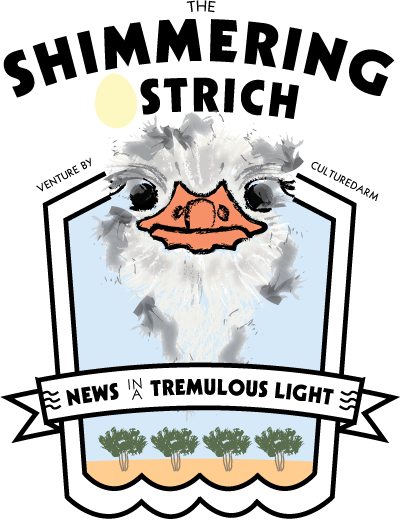
Like all broadcasters these days, the BBC is fond of showing its journalistic credentials by engaging reporters in the incessant hectoring of interviewees, who are barely allowed a word in edgeways as they are bombarded with ill-informed questions, and demands for sweeping soundbites and simplified notions of honesty and truth. Everyone aside from the most powerful – who broadcasters are always reluctant to upset – finds themselves treated like liars and frauds.
But when it comes to the corporation’s prized possession, its much vaunted impartiality, the BBC has increasingly opted for the less usual and strikingly superficial method of filling its reports and debates with a dichotomy of views, one more or less moderate, the other drawn from the far right. Still accused of a liberal bias by the Telegraph, the Mail, and the corpulent body of the Murdoch press, especially since the Hutton Inquiry the BBC has endeavoured to serve as an establishment stooge. And under a Conservative government, this has meant stoking anti-immigration sentiment, paying scant attention to the Greens, frequently scorning the left, but giving copious airtime to UKIP.
Under the impression that allowing any idiot to spew hate-filled rhetoric equals impartiality, provided the idiot happens to support some cause on the far-right, now the BBC has set about infiltrating its own programmes with the sort of people and the type of concerns only extreme nationalists deem reasonable. Question Time, the broadcaster’s flagship political debate, has always drawn its share of controversy, whether inviting British National Party leader Nick Griffin for his first appearance in 2009, or asking George Galloway along to Finchley in 2015, in the hope that the resolutely anti-Zionist politician would clash with the area’s large community of Jews.
Such incidents are choreographed for the sake of viewing figures, but it is best for the BBC if it can frame the terms of debate to mirror Britain’s hard shift to the right. So for a recent episode in Boston, the corporation opted to fulfill its public service remit by seeking out audience members affiliated to the English Defence League, a band of Islamophobic hooligans whose opinions sometimes overlap with those of UKIP and the BNP, but generally they are considered still more extreme.
The EDL was preparing for a march through Boston town centre the following weekend. Boston was considered a viable location for such a march because of the town’s thirteen UKIP councillors, and because 75.6% of its voters elected to leave the European Union in June, the highest leave vote in the nation. In the end no more than twenty people turned out, including an EDL film crew. But a Question Time producer posted on the group’s Facebook page ahead of the march, advising members to apply for show tickets.
The BBC attempted to defend its engagement with the EDL through a statement, which argued that ‘The Question Time audience is always selected to ensure a balanced and constructive discussion. Every application to be part of the Question Time audience has to go through the same rigorous background checks’.
But Matt Warman, the Conservative MP for Boston and Skegness, wrote an open letter to the Director-General of the BBC Tony Hall complaining that mainstream political parties had been ignored in favour of an incendiary appeal to the EDL. He wrote that ‘by seeking to disproportionately represent the far-right, Question Time risked fanning the flames of division across the country, of further misrepresenting a great town and perhaps worst of all giving the impression that abhorrent views are widespread enough to be acceptable. Not one of those is fitting behaviour from the world’s greatest broadcaster’.





